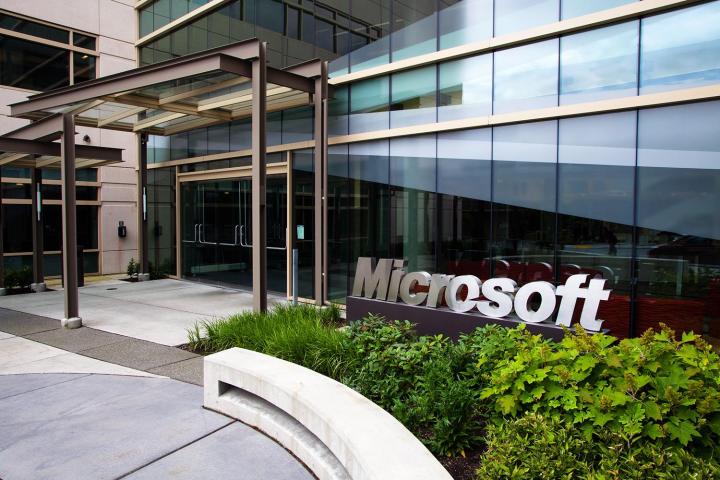
At the center of the case at the Second U.S. Circuit Court of Appeals, located in New York, is a dispute between Microsoft and the US government, which is currently investigating an individual for drug-related crimes. Investigators have been trying to gain access to Microsoft’s servers in Dublin, Ireland for years through search warrants to gather evidence on their suspect.
Microsoft, who has received support for its stance from the wider tech industry including Apple, Amazon, and Cisco, had denied the U.S. access to the emails, stating that it holds no jurisdiction over emails stored on a server outside the country.
“The government cannot seek and a court cannot issue a warrant allowing federal agents to break down the doors of Microsoft’s Dublin facility,” said the company in its legal brief filed last summer.
Authorities argue that it should have access to the servers as Microsoft is an American company. In a number of hearings so far, Microsoft has been struggling to make its defense after one judge said last year that it was “not a question of the location of that information.”
The U.S. also argued that a person’s bank information in foreign accounts is already subject to searches.
“A bank can be compelled to produce the transaction records from a foreign branch, but not the contents of a customer’s safe-deposit box kept there,” responded Microsoft. “A customer’s e-mails are similarly private and secure and not subject to importation.” The ruling was stayed for appeal, and that appeal will heard tomorrow.
The Irish government has previously stated that it would cooperate with the US provided it moved through official international channels.
“Ireland has a genuine and legitimate interest in potential infringements by other states of its sovereign rights with respect to its jurisdiction over its territory,” it said last December.
Microsoft and its supporters argue that if the emails were handed over to authorities, it would be another overreach of the government and would damage the reputation of the American tech industry even beyond the damage caused by the Edward Snowden leaks.
Microsoft has been building more data centers outside of the US, recently opening two facilities in Canada and applying for building permission for a second data center in Dublin in June.


